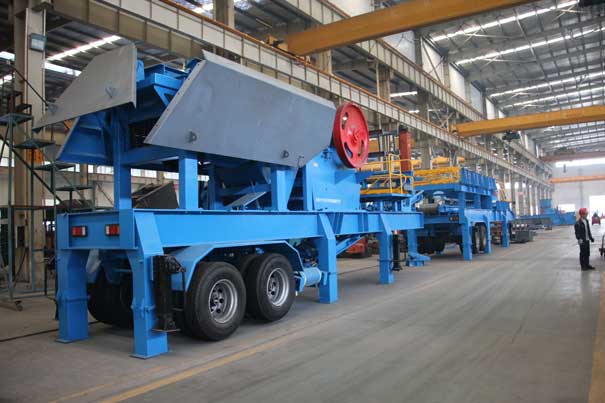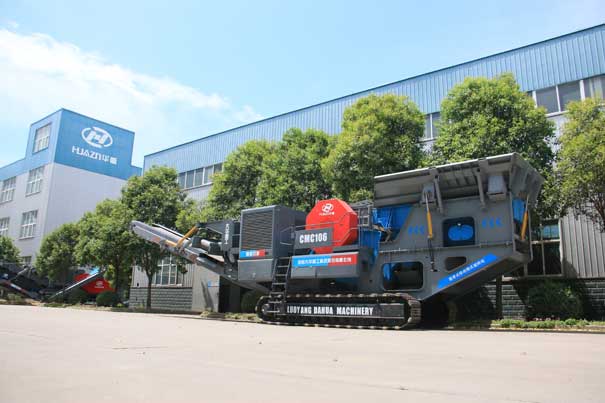Introduction to construction waste
Construction waste is the waste produced in the process of construction and demolition in the construction industry. With the development of urbanization, more and more construction waste is piled up, which not only causes serious pollution of the atmosphere, water resources and land, but also the physical and mental health of the human body has caused serious harm. But on the other hand, construction waste is a renewable resource. After processing it, it can be widely used in the fields of chemical industry, building materials, construction, etc., and the prospect is very broad.
In view of the current status of construction waste, it is necessary for us to process construction waste in order to achieve its sustainable development. Then what equipment should be used for construction waste treatment machines? Which equipment can better realize the processing effect of construction waste? Here I recommend the mobile crusher produced by the machine. This equipment is the same as the tire-type mobile crushing station. In terms of performance, quality and price, it has the advantages that other construction waste treatment machines on the market cannot surpass, and it is deeply favored by consumers.
The mobile crusher performance advantages
1. The advantage is that the amount of construction waste is large, and the output is very high, which is very suitable for large-scale construction waste processing plants.
2. Complete functions, integrating crushing, screening, conveying and other functions, flexible adaptability, and stable production in any environment.
3. Crawler walking mode will not cause damage to urban roads, making transportation and movement more convenient.
4. All-wheel drive mode, small turning radius, easy to turn around, flexible driving in the mining area, simple and easy operation.
5. During operation, the fuel quantity and electricity are low, the failure rate is low, and the total cost is reduced by more than 40%.
6. There is no dust and noise pollution during operation, which is more low-carbon, environmentally friendly, economical and efficient.



